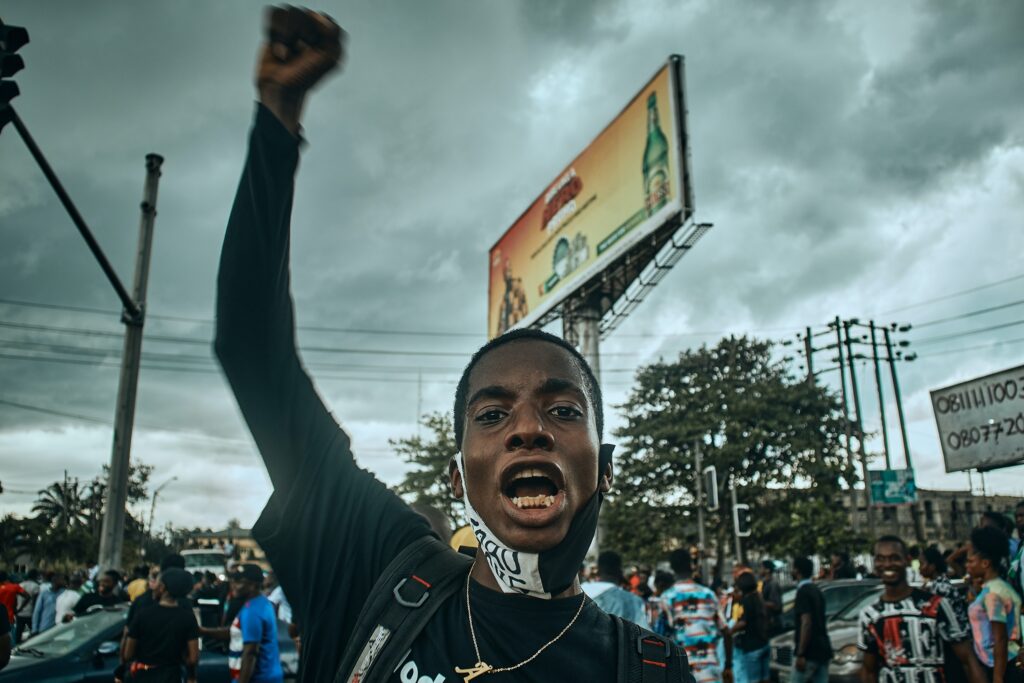When the country is in political turmoil, the country is in a state of confusion, agitation, and commotion. There is political instability and unrest, which is characterized by riots, rallies, demonstrations, and general strikes.
Given that politics and economy is strongly interconnected, it follows that when a country is in a state of political turmoil, the economy of the country is affected.
In South Africa, for example, supporters of imprisoned former president Jacob Zuma turned violent and turned their anger on small businesses, homes, and infrastructure. The riot caused over one billion damages to the economy.
In another example, the Republic of Congo showed growth rates (GDP) of only 1.1% and −0.3% in 2018 and 2019, way below the 7% target growth rate needed to achieve sustainable development. One reason attributed to this is political instability. Since gaining independence in 1960, the Republic of Congo has had various periods of political instability caused by coups d’état (1963, 1968, 1977) and constitutional changes (2012, 2015). (Ayessa and Hakizimana 2021)
This demonstrates that a country’s political climate greatly influence the state of its economy. But is the relationship between politics and economy reciprocal?
When the Greece’s economy crashed in 2009, it ushered a political unrest that eventually led to the collapse of its ruling government.
Historically, economic crisis can spark a political response. When there are signs that the economy is flailing, almost always the ruling party is voted out of power. Research shows that people will attribute the country’s economic problems to political leadership.
There is no doubt politics and economy influence each other. Both are strongly interconnected. Political decisions can affect the economy of a nation, and issues pertaining to the economy are inherently political. But as to the degree one influences the other would depend on many factors.
Can we treat politics and economics in isolation?
In theory, the economics of a nation should not affect its politics. The economy should be nonpolitical, devoid of political influences. In practice, however, there is a strong relation between the economy and politics of a country.
Sources:
Pettinger, Tejvan. “The Relationship between Economics and Politics.” Last Modified June 14, 2020.
https://www.economicshelp.org/blog/11298/concepts/the-relationship-between-economics-and-politics/.
Qian, Nancy, Nathan Nunn, and Jaya Wen. “Why Economic Crisis Trigger Politcal Turnover in Some Countries but Not Others.” Last modified September 4, 2018.
University of Bath. “How Do Politics Shape Financial Landscape.” Accessed February 5, 2023.
https://online.bath.ac.uk/content/how-do-politics-shape-financial-landscapes.
